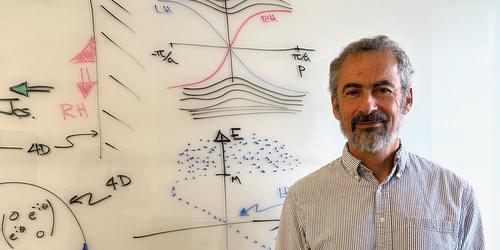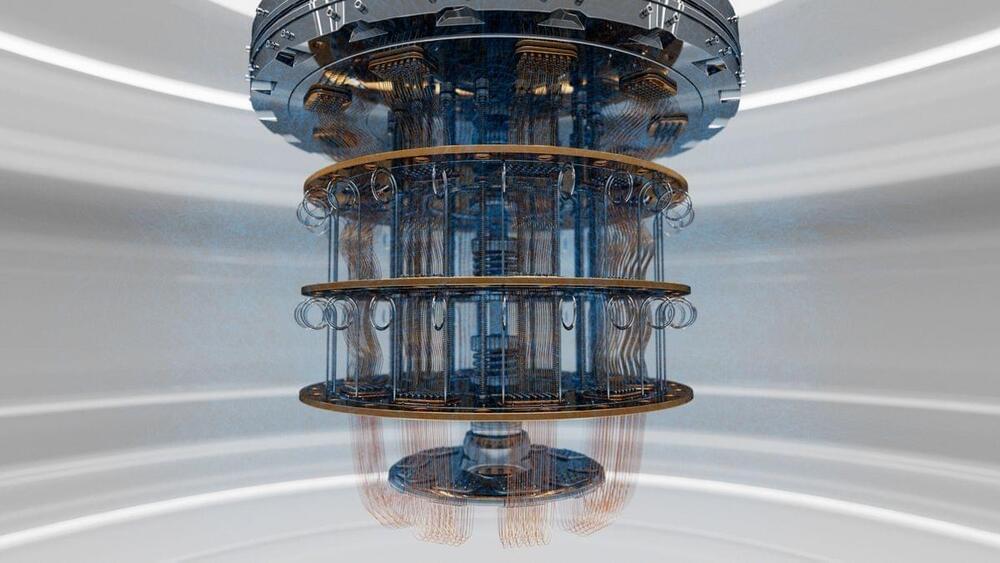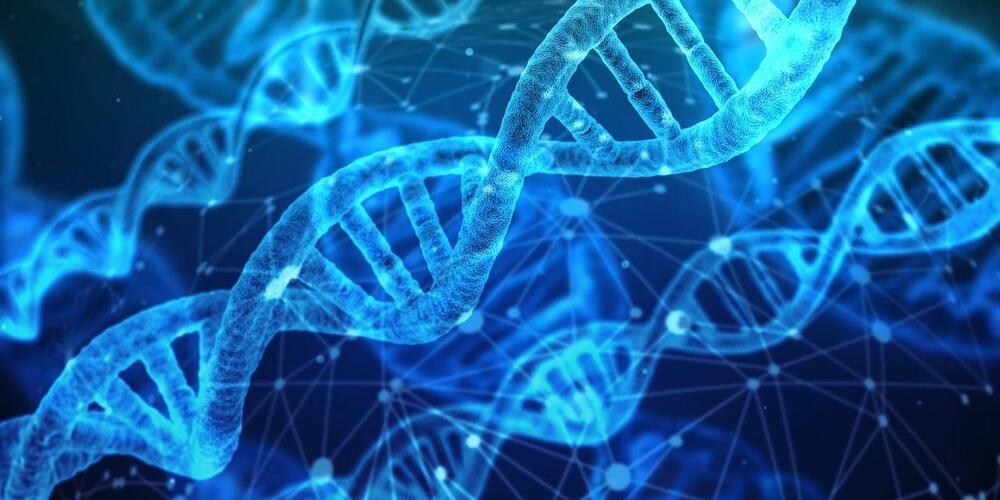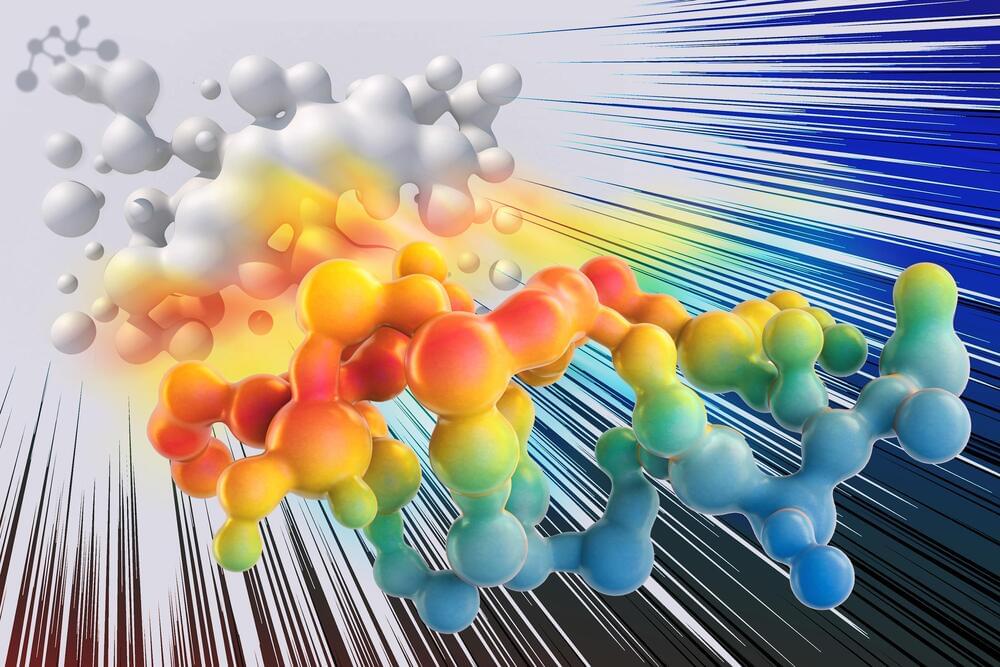The human brain is a remarkably complex organ, consisting of billions of interconnected neurons. It can be divided into distinct regions, each with specific functions, such as memory and decision-making. Cognition, which includes processes like perception, memory, language, and problem-solving, is all orchestrated by the brain. It’s through these cognitive processes that we perceive and interact with the world around us.
What is special about the structure of the brain compared to other organs? What is the principled way of understanding how the brain works? How does the brain contribute to our sense of Self? Is it possible to compare the brain with the computer? Is it possible to enhance the way that the brain works? What is the brain-basis of language?
These and other questioned are answered by Serious Science experts from leading universities from all around the world. The coursed is comprised of 15 lectures filmed in the period from 2014 to 2020. If you have any questions or comments on the content of this course — please write us at [email protected].
00:00 Connectomics / Jeff Lichtman.
14:30 Synapse Elimination at the Developing Neuromuscular Junction / Jeff Lichtman.
25:17 Genomic Imprinting and the Brain / Catherine Dulac.
36:50 Brain Function and Chromatin Plasticity / Catherine Dulac.
47:45 Free Energy Principle / Karl Friston.
1:02:45 Self-construction / Onur Güntürkün.
1:16:38 Brain Networks / Sylvain Baillet.
1:32:33 Computational Modeling of the Brain / Sylvain Baillet.
1:47:22 Cognition Without a Cortex / Onur Güntürkün.
2:02:17 Brain Training / Barbara Sahakian.
2:14:50 Brain Language Research / Friedemann Pulvermüller.
2:26:49 Brain Imaging / Karl Friston.
2:39:30 Functional Brain Imaging / Srinivas Sridhar.
2:52:21 Clinical Brain Imaging / Sylvain Baillet.
3:08:38 Effect of Music on the Brain / Lauren Stewart.
Follow us:
LinkedIn: / serious-science.
Twitter: / scienceserious.
FB: / serious.scie…
Instagram: / serious.sci…
Support us on Patreon to see more videos: / seriousscience.






 עברית (Hebrew)
עברית (Hebrew)
